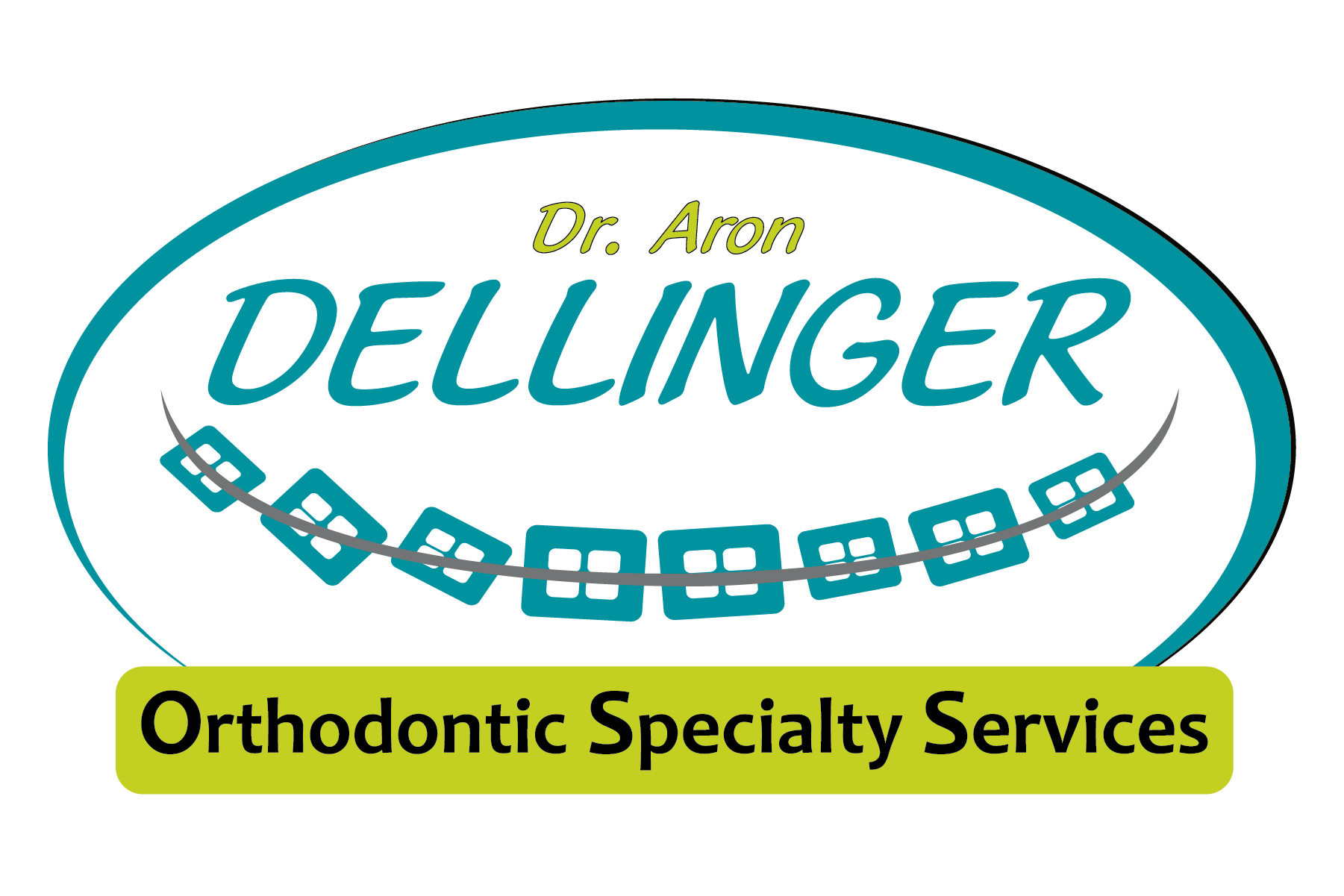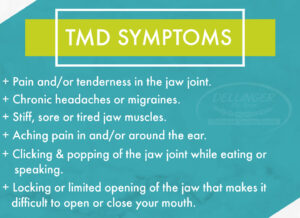Did you know that November is National TMJ Awareness Month?
You may have heard of TMJ and/or TMD…
TMD is short for temporomandibular disorder. This disorder can include any symptoms of pain that affect the muscle surrounding the jaw or pain in the jaw joint.
Dr. Ketcham is the only prosthodontic specialist in Northeast Indiana who limits his practice to non-surgical treatment of TMJ disorders. Below is an example of a typical phone call we receive and it may help answer any questions you might have.
Stay tuned for a future blog post that will go into more detail on TMD symptoms and the types of treatments we offer.



